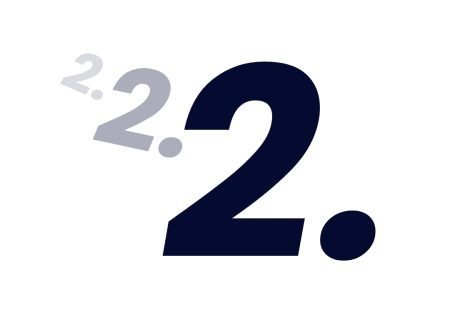Recent research indicates a 30% increase in heart attack rates among individuals aged 25 to 44 since the onset of the coronavirus pandemic. Prof. Dr. Mustafa Bilge Erdoğan, Chair of the Department of Cardiovascular Surgery at Istinye University Faculty of Medicine, states that in most cases, the body gives critical warning signs before a heart attack occurs. Prof. Dr. Erdoğan, points out that 50–70% of patients exhibit some warning symptoms days or even weeks prior to the event.
However, Prof. Dr. Erdoğan also warns that in diabetic patients and the elderly, heart attacks can occur without any prior signs. So, how does our body warn us of an impending heart attack? What lies behind the rising incidence of heart attacks in recent years? Why is early diagnosis critical? Prof. Dr. Erdoğan answers these key questions:
Symptoms Appear in One Out of Two Patients
“Many heart attack patients have prior symptoms or risk signs, though these may not always be obvious,” says Prof. Dr. Erdoğan. “About 50–70% of patients may experience warning signs such as chest pain, shortness of breath, palpitations, or fatigue days or even weeks before the heart attack. However, in 25–30% of cases, heart attacks occur without any preceding symptoms—this is especially common in diabetic and elderly patients. Furthermore, around 10–20% of patients may experience a ‘silent’ heart attack, with no awareness of the event. These are often detected incidentally during ECG or other imaging tests.”
Chest Pain That Wakes You Up at Night
The classic symptoms of a heart attack often include chest pain or pressure brought on by physical activity, shortness of breath, decreased exercise capacity, pain radiating to the back, arms, or jaw, extreme fatigue, and chest discomfort that wakes a person from sleep. “Even in the absence of warning signs, the presence of risk factors such as hypertension, diabetes, high cholesterol, smoking, family history, and obesity significantly increases the likelihood of a heart attack,” Prof. Dr. Erdoğan adds. “In women, the symptoms may differ slightly, with nausea, fatigue, and back pain also commonly reported.”
Rise in Heart Attacks Linked to COVID-19
In recent years, both in Turkey and globally, there has been a notable increase in heart attack cases. While there are several contributing factors, the COVID-19 pandemic stands out as a major cause. Recent findings specifically show a 30% increase in heart attack rates among the 25–44 age group. Lifestyle changes have also played a role—reduced physical activity, unhealthy eating habits, and obesity during the pandemic have heightened the risk of heart attacks. Genetic predispositions and familial hypercholesterolemia are also significant contributors. Moreover, many individuals delayed or skipped routine health check-ups during the pandemic, leading to missed early interventions.
Prof. Dr. Erdoğan emphasizes, “Early diagnosis is vital in coronary artery disease to prevent progression to heart attacks. Detecting and treating arterial blockages at an early stage allows for timely medical intervention, helping individuals maintain a healthy life with minimal disruption.”







